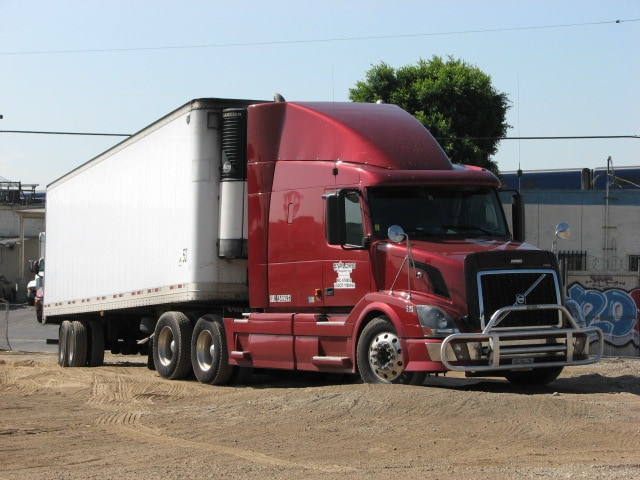Are There Different Types Of Moving Companies?
 As you drive through town or down the freeway, moving trucks are everywhere. Some have big corporate logos, like Allied Van Lines or United Van Lines. Some look almost generic and many have logos you might never have seen. Other than the logos, though, the trucks look very similar, right?
As you drive through town or down the freeway, moving trucks are everywhere. Some have big corporate logos, like Allied Van Lines or United Van Lines. Some look almost generic and many have logos you might never have seen. Other than the logos, though, the trucks look very similar, right?
The business side of the moving business is a bit more complex than most people think, although the final product can be amazingly similar. In all good moves, a crew of movers shows up within their designated window. They wrap, pack and move your goods. The company might store your goods before delivering. At the end, no matter what the corporate structure, your move will cost within 10-20 percent of what any other reputable company would charge. So, does it matter to you what kind of mover you choose?
The answer is a not-so-straightforward yes and no. Let’s break it down over the three basic types of movers you might encounter when you’re looking for a bid.
1. Van Lines – Van lines are the big guys. They have names like North American Van Lines and Bekins and Mayflower. While they might not have household names, their logos and their trucks are like a comfortable piece of Americana. You see them on road trips. You see them throughout town and you probably give them little thought, but subconsciously, their names are seared into your brain.
But like all businesses, the bigger name doesn’t always mean better or more reliable. Van lines are franchises. Each company has local agents, or companies, who do the bidding and often do the labor involved. The van line itself only comes into the picture when the shipment is being transported across country. If you are moving locally, the van line has nothing to do with your move whatsoever. You are dealing with a local and often small moving company. Of course, there’s nothing inherently wrong with that, but it simply means that as with all movers, you should do your homework and don’t let a name sell you. Ask for the agent name. Verify their reputation on Yelp and with the Better Business Bureau. Confirm their licensing.
2. Local movers – “Local mover” is somewhat of a misnomer because most local moving companies perform interstate moves as well as local (more on that in a bit). A local mover is one that unlike a major van line, doesn’t have a network of trucks and agencies throughout the country. They are independent. They often (like with Ninja Movers) are owned by people who are involved with the moves and know the customers.
Some local movers have trucks and drivers that run interstate moves and some subcontract out to an independent driver. Either way, the local mover is the one who’s responsible for your move.
3. Brokers – Brokers are a bit of a grey area because brokers don’t perform moves. They set people up with interstate movers. Often, the movers are unscreened by the broker and typically, you have no control over who the actual mover will be. Most of the horror stories you hear about moving companies involve brokers because they tend to promise things that the mover can’t or won’t deliver.
Be very careful when working with a broker. Do your homework. Make sure they are licensed at www.protectyourmove.gov. A broker may not be able to tell you exactly who is moving you, but they should be able to provide you with a list of everyone they work with. Ask for that list and check out each mover. Make sure that someone takes an actual inventory, otherwise all bets are out the window when it comes to the initial quote vs. the actual price paid.